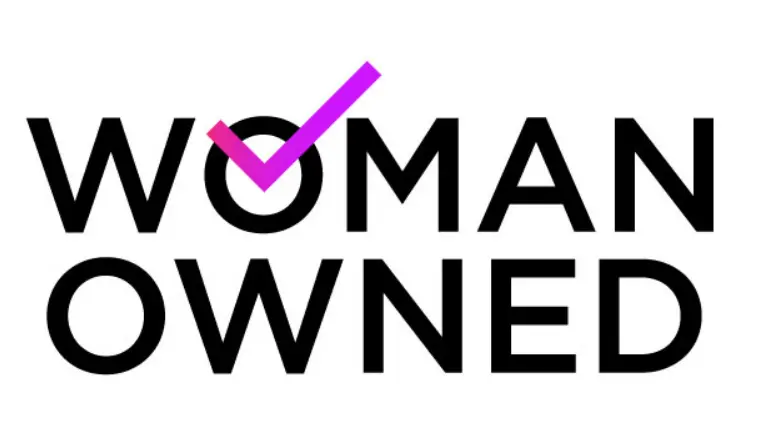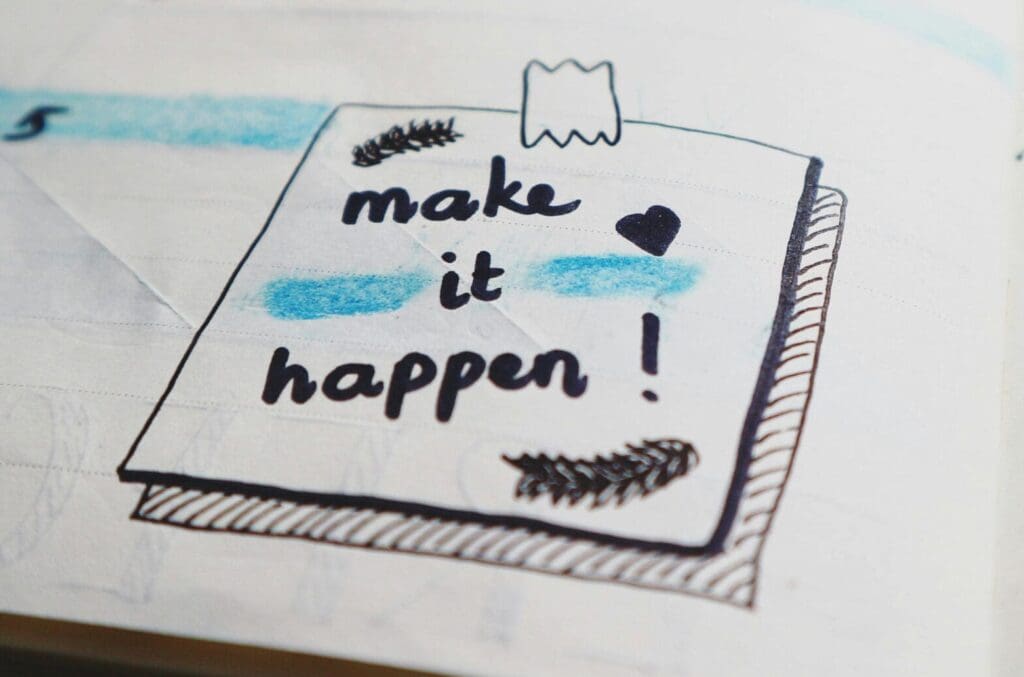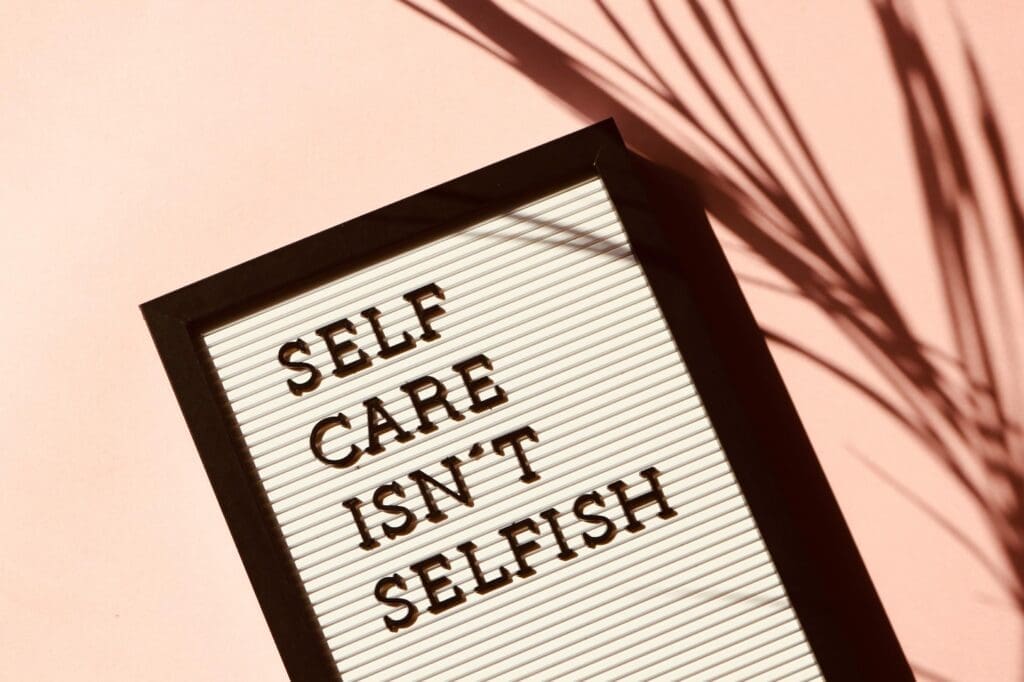Perhaps you feel that setting boundaries is rude or mean? Or, you hold on so tight to your boundaries that you appear rigid and stuck? If you find yourself complaining about other people’s specific behaviors, you are likely having your boundaries crossed. It’s simple to set boundaries, but it isn’t always easy! What exactly are boundaries within healthy relationships?
Boundaries are limits we set to help us get our needs and wants met; they help us respond to others in a way that is safe. Often you hear this called transparency. So, what might healthy boundaries look like? You might say, “I’m ok with celebrating the holidays; and, I’d like to find a socially distant way to see you.” Or, “I’m ok with uncomfortable conversations about politics and or social justice; I’m not ok with name-calling and yelling.” Take a minute to reflect how you would articulate your boundaries; writing the script before the conversation is often helpful. Now that you are oriented to some common personal boundaries, it is time to reveal our simple yet highly effective tool!
DEAR MAN, a DBT acronym, is a highly effective communication tool that will literally change the way others hear you; and respect your boundaries!
Describe the situation as simply as possible. Ask to start a conversation about the issue, not your feelings: “I have been thinking about Thanksgiving coming up, and I was hoping to talk about that with you.”
Express yourself using “I” statements. Diffuse defensiveness and allow the other person to hear what you may need: “I am feeling worried that I can’t detach from my phone; and, I miss our family time. I would love your help reminding me to turn it on ‘airplane’ mode at the end of the workday”.
Assert yourself. Make known what you need and what your limits are: “I am not willing to attend the holiday party this year. I’m excited to see you when it’s safe for all of us to get together in person.”
Reinforce why you’re setting boundaries: “It’s important for me and those I care about to stay safe during this time; I appreciate your support and understanding.”
Mindfulness is the key to staying focused: stay firm yet respectful when discussing your boundaries. Don’t forget to BREATHE.
Appear confident, even if you don’t feel like it! Fake it until you make it; this will help the other person see that you’re serious about your boundaries.: “This is hard for me to say; thank you for listening.”
Negotiate instead of demand: “I’m not willing to attend the family gathering this year, and I’d love to drop off dessert on your doorstep for this evening.”
Personal boundaries help cultivate longer and more satisfying relationships. Boundaries also help you feel validated, get your needs met, and explains to others what you will and will not tolerate – even though they’re hard to put into place. Having good boundaries allows for a deeper connection within your relationships.
By Joelle Rabow Maletis & Andrea Shipman




